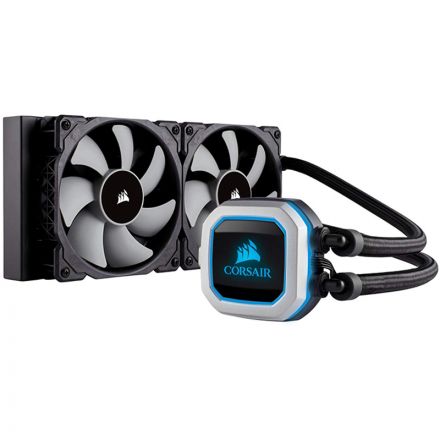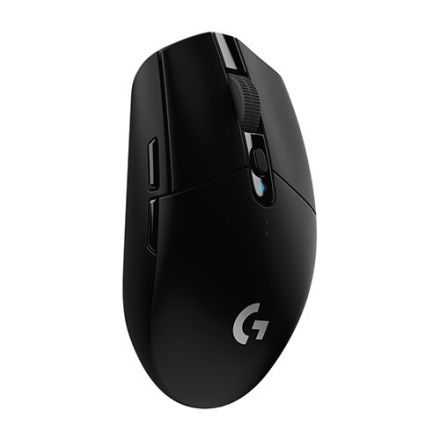This website uses cookies to ensure you get the best experience on our website. Read more


Posted: July 17, 2023
For passionate gamers, achieving the best gaming experience is a top priority. While factors like graphics quality, resolution, and frame rates are essential, understanding the roles of the central processing unit (CPU) and the graphics processing unit (GPU) in gaming performance is crucial. These two components work in tandem to deliver a smooth and immersive gaming experience. In this blog, we'll explore the differences between a gaming CPU and GPU and how each contributes to your overall gaming performance.
What is a Gaming CPU?
The CPU, also known as the processor, is the brain of your gaming rig. It handles all the instructions and calculations required to run various tasks on your computer, not just gaming. In gaming, the CPU is responsible for executing the game's logic, managing AI, handling physics simulations, and other computational tasks that are not directly related to graphics rendering.
Importance of CPU in Gaming
Game Logic: The CPU's ability to process game logic and instructions is vital in single-player and multiplayer games. A powerful CPU ensures that your gaming experience remains smooth and responsive, especially in CPU-intensive games or when running multiple background processes.
AI and Physics: Many modern games incorporate advanced AI and complex physics simulations, which require substantial CPU processing power to perform calculations quickly and accurately.
Multitasking: If you like to stream your gaming sessions, use voice chat applications, or record gameplay, a powerful CPU becomes even more critical. It allows you to multitask efficiently without impacting gaming performance.
What is a Gaming GPU?
The GPU, or graphics card, is responsible for rendering images, animations, and visual effects on your monitor. Unlike the CPU, the GPU is specialized in handling parallel tasks, which is essential for rendering graphics-intensive content.
Importance of GPU in Gaming
Graphics Rendering: The primary function of a GPU is to render graphics, including textures, lighting, shadows, and special effects. A powerful GPU enables you to play games at higher resolutions and detail settings, resulting in visually stunning gaming experiences.
Frame Rates: The GPU's capability to render frames quickly impacts the frame rate (measured in frames per second or FPS) of your games. Higher frame rates lead to smoother animations and reduced input lag, resulting in a more immersive gaming experience.
VR Performance: For gamers interested in virtual reality (VR), a powerful GPU is essential. VR games demand even higher graphical fidelity and frame rates to avoid motion sickness and maintain a sense of presence.
The Synergy Between CPU and GPU
In modern gaming setups, the CPU and GPU work together in harmony to deliver optimal performance. While the CPU handles game logic and other non-graphics tasks, the GPU takes charge of rendering stunning visuals. The balance between these components is critical for achieving a seamless gaming experience.
CPU Bottleneck vs. GPU Bottleneck
A "bottleneck" occurs when one component in your system limits overall performance. In gaming, both the CPU and GPU can become bottlenecks, depending on the game and the hardware you're using.
CPU Bottleneck: This happens when the CPU is not powerful enough to keep up with the demands of the game. As a result, the GPU has to wait for the CPU to process game logic, leading to lower frame rates and reduced performance.
GPU Bottleneck: On the other hand, a GPU bottleneck occurs when the CPU can't feed data to the GPU quickly enough, preventing the GPU from reaching its full potential.
Conclusion
In conclusion, both the gaming CPU and GPU play crucial roles in delivering an outstanding gaming experience. The CPU handles game logic, AI, and physics simulations, while the GPU is responsible for rendering stunning visuals and achieving high frame rates. Striking the right balance between these components ensures that your gaming rig performs optimally.
When building or upgrading your gaming PC, consider investing in a powerful CPU and GPU that complement each other. Research the requirements of the games you love to play and choose components that can handle them with ease. With a well-balanced gaming setup, you can unlock the full potential of your favorite titles and enjoy a smooth, visually impressive, and immersive gaming experience.














